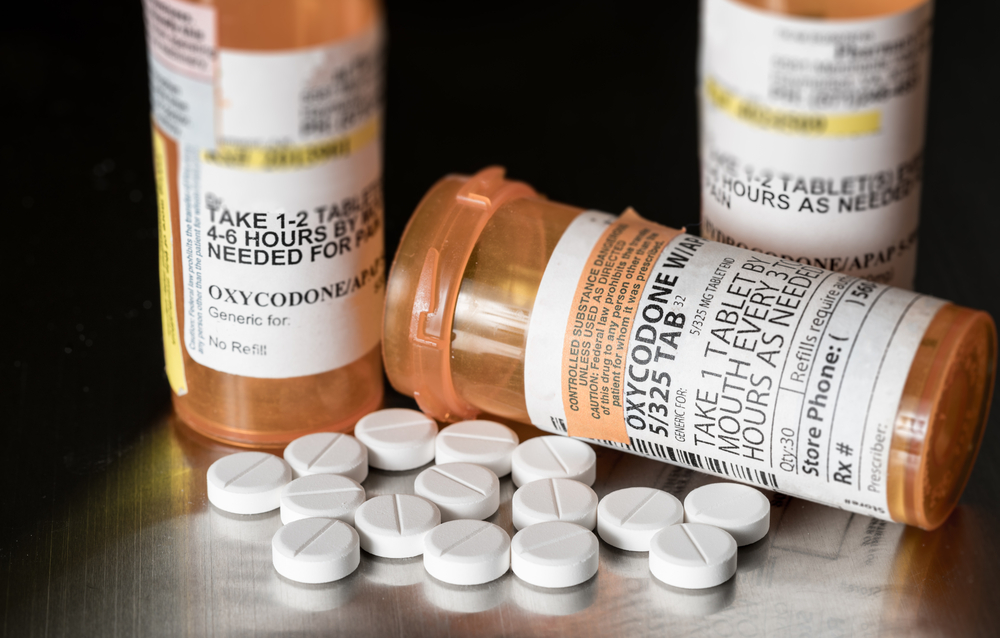Will Other States Settle with Purdue Pharma? Sackler Family and Purdue Pharma Settle for $7.4 Billion Over Opioid Crisis
The Sackler family and Purdue Pharma have reached a landmark $7.4 billion settlement with a bipartisan group of 15 states, following years of legal battles surrounding their role in the opioid epidemic. The settlement, announced by New York Attorney General Letitia James on Thursday, marks the largest settlement ever involving parties responsible for the opioid crisis in the United States.
Key Terms of the Settlement
The agreement prohibits the Sackler family from selling opioids in the United States and removes their control over Purdue Pharma, the maker of the addictive painkiller OxyContin. This follows a pivotal Supreme Court ruling in June 2024, which invalidated a previous settlement that would have granted the Sacklers immunity from future opioid-related lawsuits. Unlike the prior deal, the current settlement does not include such immunity.
The settlement is structured with the Sackler family contributing the bulk of the $7.4 billion—$6.5 billion over 15 years. Purdue Pharma will add nearly $900 million upfront, pending court approval. The Sacklers' payments will be made in installments, with the first $1.5 billion due immediately, followed by $500 million in one year, another $500 million in two years, and the remaining $400 million after three years.
The allocated funds will be used to support opioid addiction treatment, prevention, and recovery efforts across the country. Over half of the funds will be directed toward addressing the crisis in the initial years of the settlement.
Attorney General Letitia James' Remarks
"This settlement will provide much-needed resources to help communities across New York and the nation heal from the devastation caused by the opioid epidemic," stated James during her announcement. "The Sackler family prioritized profit over the well-being of vulnerable patients and played a pivotal role in instigating and exacerbating the opioid epidemic." She also stressed that the Sacklers would no longer have any involvement with Purdue and would be permanently barred from selling opioids in the U.S.
The settlement also ensures that Purdue Pharma will remain under bankruptcy protection, with a court-appointed monitor overseeing its operations. The company will be prohibited from engaging in any lobbying or marketing activities related to opioids, and a board of trustees will oversee the company’s future direction.
Impact of the Supreme Court Ruling
The Supreme Court's 5-4 ruling in June 2024 was a significant turning point in the case. The justices determined that the Sackler family could not be shielded from civil liability for their role in the opioid crisis. Prior to this decision, an initial bankruptcy settlement with Purdue had been reached, which included over $4.5 billion in contributions from both Purdue and the Sacklers. However, that agreement was struck down by the Court, delaying the distribution of funds that could help the victims of the opioid epidemic.
Further Support for Opioid Recovery Initiatives
Attorney General James also announced that the settlement would provide up to $250 million for opioid treatment and recovery programs in New York. The settlement was negotiated with the attorneys general of California, Colorado, Connecticut, Delaware, Florida, Illinois, Massachusetts, Oregon, Pennsylvania, Tennessee, Texas, Vermont, Virginia, and West Virginia.
"I will persist in pursuing the companies responsible for the opioid crisis and strive to achieve justice for those who have suffered," James concluded.
This $7.4 billion settlement represents a crucial step in addressing the long-lasting consequences of the opioid epidemic, but it also highlights the ongoing struggles of families affected by addiction. The funds will support vital initiatives aimed at providing treatment, education, and prevention services to those in need.
While the legal battles surrounding Purdue Pharma and the Sackler family are far from over, the new settlement brings hope to many who have been directly impacted by the opioid crisis, offering a significant financial commitment to healing and recovery efforts in affected communities.





















